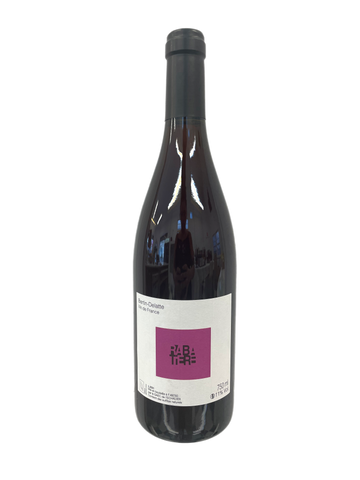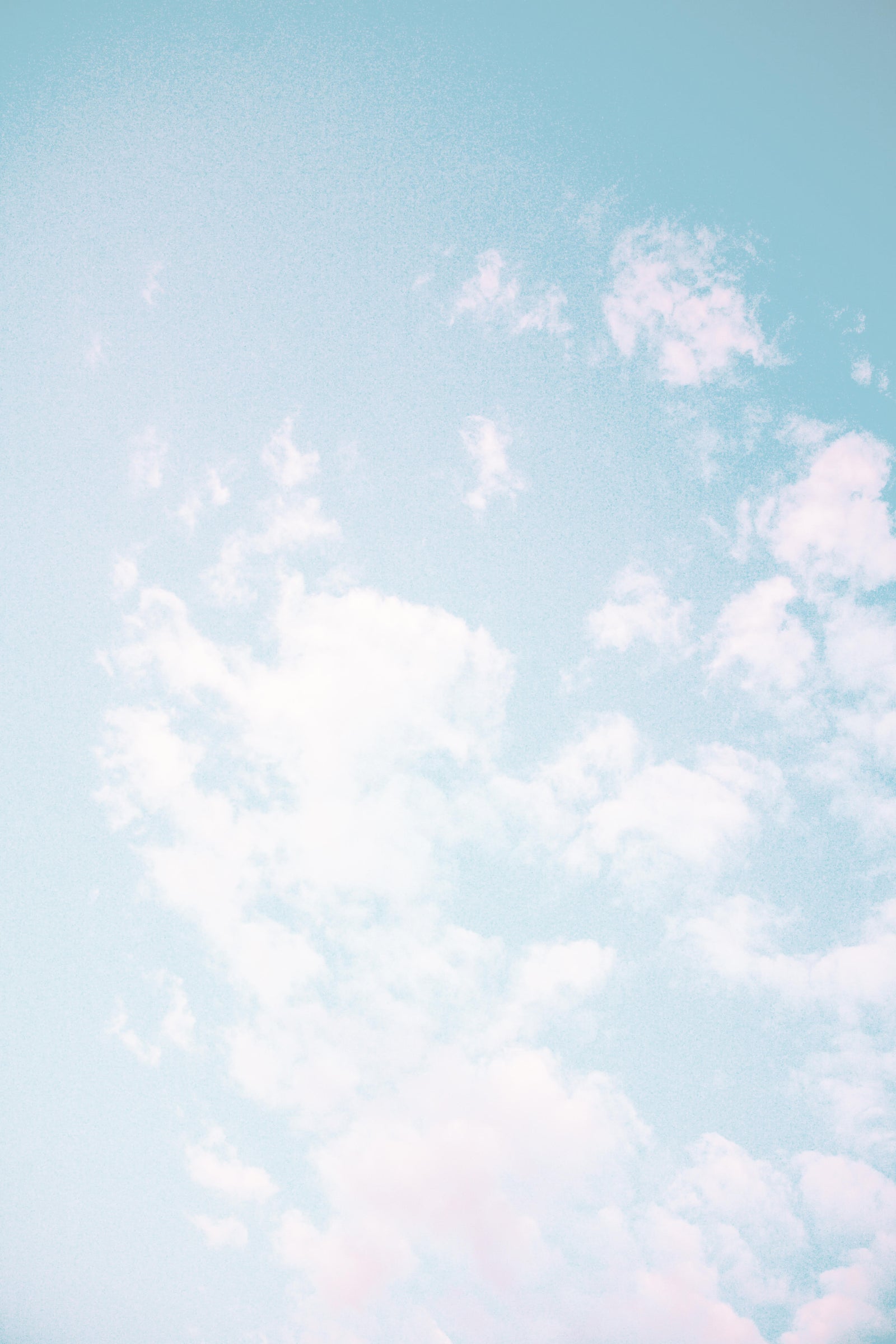Fourth (4th) Edition Wine Club
TWO

Mathieu Coste previously worked in Burgundy, making wine for others before he decided to create his own domaine in 2008. He settled in Côteaux du Giennois, which is the extreme eastern part of Loire Valley, as close to Burgundy as you can get. Mathieu, in addition to being a wine maker, is a professor of oenology. It's been relayed to me that although he is a professor, someone who you'd assume perspective on wine might be to emphasize exactitude and precision, that he has a very natural and easy attitude. That he utilizes and encourages instinct more than his knowledge and technical skill. He has about 5.5 hectares of vines, mostly planted with Gamay and Pinot Noir, but has a little bit of Sauvignon Blanc thrown in there, with which he makes a singular white/skin contact cuvee.
Mathieu's wines are unique in that he never releases a wine before he feels it is ready. In a day where most wines are bottled, labeled and then immediately sent off, Mathieu holds wines for years. In your Wine Club this month, you have his current release of the 'Biau' cuvee, which is a 2013 vintage (which is somehow almost 10 years ago). The color of this wine is exciting. It has a distinct burnt orange hue to it, that you don't typically see with red wines. On the nose, you get tomato-y, foresty qualities. The palate evokes crunchy fallen leaves, cranberries, pithy pink citrus and barely ripe red berries.

The Syrah is directly pressed (meaning rose or white wine depending on who you ask) and co-fermented with whole cluster Viognier (meaning the berry custers are kept whole, stem and all). These two ferment together for 10 days, then were pressed and aged in neutral oak barrels for 5 months.
"The grapes come from a modest 20 acre vineyard nestled in the Sierra Foothill's Shenandoah Valley. Paul has been growing these grapes for 20 year and he's been through hell and back. the vineyard has seen phylloxera (a disastrous bug), utipa (a fungus), and this year (for the first time) frost (twice). He's a bit cynical, as farmers often are, but he's still dedicated to organics, yielding to what nature has to teach us, and driven by his initial spark of inspiration when he caught the vineyard bug on a trip to burgundy in the 80s.
A rose and orange wine in one! direct pressed Syrah brings fruit and fun, while the Viognier skin contact imparts a grippy complexity. Notes of tea, spices and candied grapefruit pith and peel." - Talia & Austin (the winemakers)
FOUR

Jean-Michel Stéphan, a man who respects and draws inspiration from the past, while also being modern and innovative, created his estate in 1991. It stretches over 4.5 hectares in the Côte-Rôtie (Rhone Valley), including legendary vineyard sites: Tupin, Semons and Bassenon. His vineyards are made up of 30% Sérine (considered the original stock of Syrah, a pure grape variety which makes wines finer, more full bodied and more complex), 10% Viognier and 60% Syrah, a cloned variety in this case. In terms of viticulture, ploughing is done by horse when possible (otherwise done by hand), and soils are fertilized with natural compost and biodynamic teas. Jean-Michel makes a few bottles of Condrieu and some Vin de Pays on the side, but his true love is the Côte-Rôtie – there are few vignerons who have committed themselves with such precision and passion to one appellation.
'Le Grand Blanc' is a blend of 50% Roussanne, 30% Marsanne and 20% Viognier from vines planted across three departments in the communes of Appuis, Condrieu, Roussillon and Vérin, on a variety of terroirs including biotite granite and Rhône alluvium. These vines are his youngest, planted in 2018.
Rhone white blends of this variety are often flabby (meaning they lack acid) and powerfully aromatic. TBH I generally steer clear of them. In this case, we have an extremely special wine here. First of all, it's his first white cuvee, so this is new to this world. Secondly, you have the option to age this wine. It will serve you if you do. However, if you want to open it now (we have a couple more bottles in the shop if you like it and want to get a second one to age), I'd recommend pouring yourself and your partner a shallow glass, sticking the cork back in, and giving the bottle a vigorous shake. That will let off some of the stinky gas that we in the biz call 'reduction,' which is a side effect of a wine that hasn't been given enough oxygen prior to bottling. When you're done shaking it, maybe decant it if it's still feeling a little tight. If you choose to age it, this would be an excellent Thanksgiving or Christmas wine, this year or a few years down the line. There's no losing here. If you choose to open it, it's currently smelling smokey & lean, with a crunchy textured body, but balanced acid.

Geneviève Delatte and Nicolas Bertin have been based in Rablay-Sur-Layon, a village traditionally supported by fabulous sweet Chenin Blanc. In 2008 they purchased their own vineyard, a 3ha lieu-dit named "Echalier". Geneviève and Nicolas have chosen a different path and are making both dry red and white wines. Like many of their contemporaries in the ‘New France’ they have seen an opportunity to step out of the strictures of the AOC and bottle their wines as Vin de France, expressing their terroir through a different lens to produce precise, textured and ageworthy wines
The winemaking philosophy is very simple: intervene as little as possible (both in the vineyard and the winery) and let nature take its course. However, there is no wonkiness, oxidation or funk here, which is only achieved by dedicated farming of old vines (some of their parcels were planted in 1929) and diligence in the cellar to ensure nothing interferes.
Bertin-Delatte is a new producer to California, so you are some of the first to receive and taste this wine. It is 100% Pineau d'Aunis (pronounced 'pee-no doh-niece'), a grape best known for it's medicinal and herbal qualities and grown almost exclusively in the Loire Valley. This wine is just beyond what I'd consider rose, though I could be otherwise convinced. It has incredible structure and lift, while also being typically green and herby, with light fruit and floral notes.
